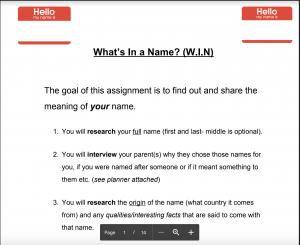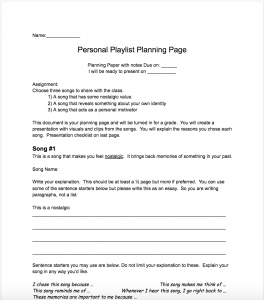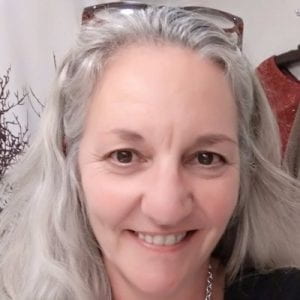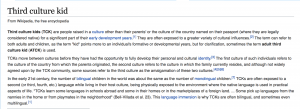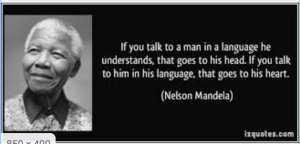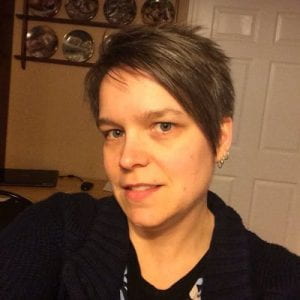Think you don’t have enough time for meaningful projects? Restricted by curriculum blocks or grading timelines? 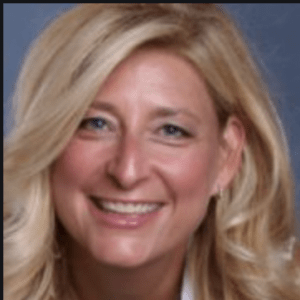 Then you need to know about Noa Daniel and her innovative approach to instruction. She showed me how to build outside the blocks and it changed everything!
Then you need to know about Noa Daniel and her innovative approach to instruction. She showed me how to build outside the blocks and it changed everything!
You can listen to this episode right here or in your favorite podcast app.
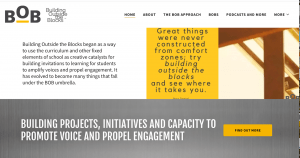 Noa is an educator and an education consultant. Her Building Outside the Blocks (BOB) approach had a huge impact on my practice and I will forever implement the things I learned from her. In fact, the majority of my students would tell me that her “BOBs” were the most powerful parts of the school year for them.
Noa is an educator and an education consultant. Her Building Outside the Blocks (BOB) approach had a huge impact on my practice and I will forever implement the things I learned from her. In fact, the majority of my students would tell me that her “BOBs” were the most powerful parts of the school year for them.
A huge thank you to @Allen01Cory & the tech team for installing our Recordex board. We used it today to present our name projects, & listen to the audio recorded using Office Mix thanks to @CosgroveTech6 ‘s PD last summer. Lastly, thanks to @MsSalvac for the project inspiration. pic.twitter.com/jyzSF635KM
— Nicole Shaw (@ShawSquad222) June 11, 2018
I first heard Noa on Derek Rhodenizer’s Beyond the Staffroom show a few years ago. I immediately began implementing BOB projects and using the approach Noa was describing. The results were amazing. On the show, Noa explains how the students spend hours of their own time working on them… because they WANT to. I am here to attest to this.
“My Country” by Newcomer Ss from Afghanistan-his BOB project! (Building Outside the Blocks of our timelines.) @noasbobs #ellchat #SBJourney pic.twitter.com/NxR1x10bSN
— Carol Salva (@MsSalvac) April 16, 2017
You may be skeptical, we understand, but I would challenge you to take a look at the BOBs and try them for yourself. Noa has done them with content classes and I used them with ESL. The concept can work with any standards. Check out Noa’s website where she shares about 20 of these projects: www.BuildingOutsidetheBlocks.com
Here is a video of a newcomer, Natalia, presenting her “Personal Playlist” project. This video gives just a few highlights but her entire presentation takes only 5 minutes. All of the presentations take only 5 minutes. But again, hours of work went into them.
“ELs come with so many rich experiences. When you invite them to share those, the challenge of the language itself is minimized because they are seen as so much more than language learners.” – Noa Daniel
With her permission, I have adapted two of the projects to include sentence frames for English Learners. Here are planning pages for the What’s in a Name and the Personal Playlist project:
Want even more explanation on BOBs? Check out this #MADPD video where Noa explains it in detail:
Noa does so many things! We talk the OnEdMentors show that Noa hosts. It began as a mentor show but it has grown to so much more. Here is an ELL episode where Noa interviewed Valentina Gonzalez, Brad Womak, Sandeep and Virginia Lowe about welcoming EL Learners into your classroom.
I hope you have a chance to try some of Noa’s projects and learn about the other great things she is doing in the field. We didn’t even get to touch on her work on the Mentoree project where she is helping connect mentors and mentees in the education field.
One more big thanks to Noa for being my guest and for all she is adding to the field!
